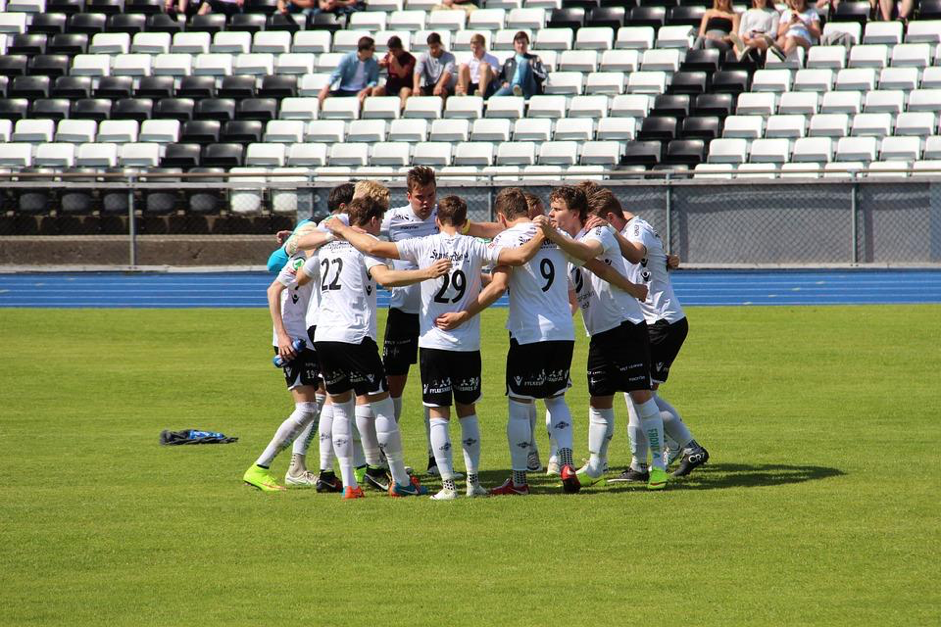Great managers make great teams make great clubs. Or so goes the accepted philosophy in the world of football. And over time we have seen that this is generally true. Managers are the first ones, after the players of course, to shoulder the responsibility of the team’s performance.
From skill building to player transfers they are in charge of it all. They can be said to be much like entrepreneurs. Both must necessarily find the best ways to allocate their resources. More often than not they are the driving forces behind the teams.
Now, just like in the actual game of football there are various ecosystems that have grown around the role of the manager too. One of the biggest industries to have grown around football is that of betting, and a great multitude of bets are placed on football managers these days. Punters can bet on the managers’ skills as well on the players and teams they manage. However, before you do that it is better to learn about the skills that make great football managers. Going through that grind might be a little hard, considering that there are easier ways to get into the action, but it can hold us in good stead going forward.
Tactics
A great manager must at first be a great tactician. His strategy must be crafted in a manner that will give his team the best possible chances of winning a match, no matter who they are playing. And we’re not talking about just one strategy. They must evolve with every change in the game and consider a variety of factors, sometimes in very short periods of time. Sir Alex Ferguson, probably the most famous football manager of all time was one such genius.
Managing the men
If tactics is what greatness (in this context) is founded on, managing the men can be considered to be one of the most important pillars of the foundation. In some quarters this is perceived as the most important difference between a great manager and the rest of the contenders. It means that a manager must know how to get the best out of every player in the team. Not only that, but to convince him to give his best, and then a little more. He must know their strengths, weaknesses, what makes them tick and how to speak their language.

A decision maker
Good managers need to be good at making decisions. Sometimes without a lot to base these decisions on. Being unsure and waiting to take decisions can affect the team’s performance. They must be ready to make the decisions and learn to live with them if they come to a naught. Maybe that’s why some player-cum-managers turn out to be great successes at what they do.
Even though a great manager is very important for a football team, he can never replace the team per se. The players are still the ultimate magicians; they’re the ones who make the game what it is. But together with a good manager, they can make a formidable side that can stay on the top for many-many years.






Recent Comments